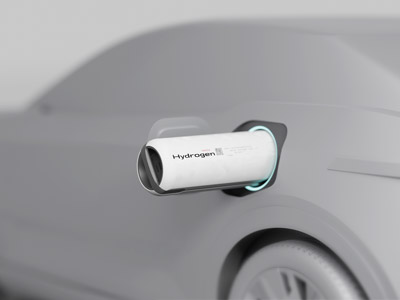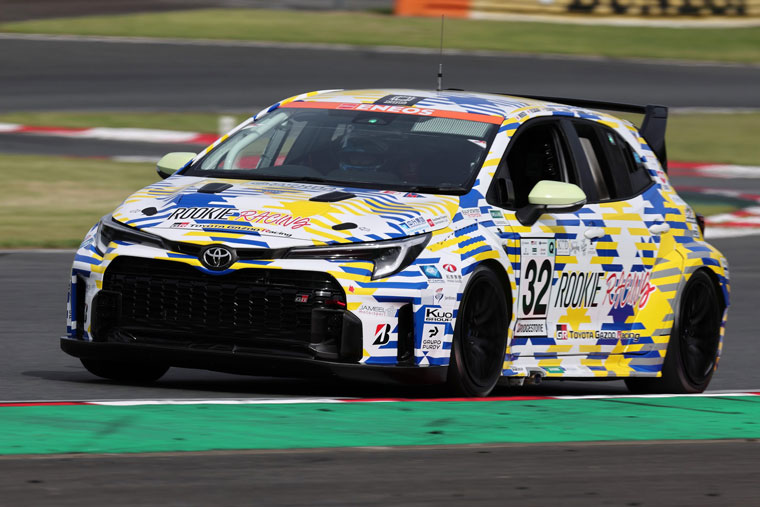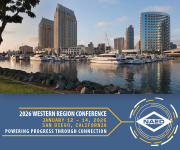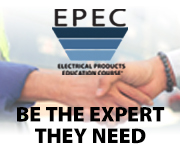Toyota showcased a breadth of technology development at the Japan Mobility Bizweek, an event where the mobility industry and startups can come together to help realize the shared goal of a sustainable, carbon-neutral future.
Through its multi-path technology approach, Toyota is promoting opportunities for co-creation with other companies and startups in two key areas: initiatives to realize a hydrogen society and renewable energy management. Both can contribute to the stability of energy supply and the reduction of environmental impact.
Portable hydrogen cartridge
 Toyota is exhibiting new portable hydrogen cartridges which have been developed with the experience the company has gained in reducing the size and weight of the hydrogen tanks used in its fuel cell electric vehicles (FCEVs). The cartridges are compact and light enough to be carried by hand and are designed to make hydrogen a familiar and safe energy source that can be used in everyday situations.
Toyota is exhibiting new portable hydrogen cartridges which have been developed with the experience the company has gained in reducing the size and weight of the hydrogen tanks used in its fuel cell electric vehicles (FCEVs). The cartridges are compact and light enough to be carried by hand and are designed to make hydrogen a familiar and safe energy source that can be used in everyday situations.
To demonstrate the possibilities, Toyota and the Rinnai Corporation are exhibiting a stove that uses the cartridge system to generate electricity in a fuel cell, or to cook by burning hydrogen gas.
Toyota’s multi-path strategy towards realizing a carbon-neutral society embraces diverse viable energy options. Among these, it considers hydrogen to be the ultimate clean energy: it emits no CO2 during use and carbon emissions can be minimized in the production process by using renewable energy sources such as wind and solar. Hydrogen can be used to generate electricity in fuel cell systems and can also be used as a combustion fuel.
Toyota is looking to find matches with technologies and ideas from companies and startups in different fields, including both service provision and the development and sale of devices using the cartridges.
Sweep energy storage system
Creating a carbon-neutral society is not just about solving energy issues, it also requires the building of a circular economy. Toyota has long placed an emphasis on this in its vehicle manufacturing, producing designs that minimise waste and reuse and recycle raw materials. With the rapid popularisation of electrified vehicles, including hybrids, Toyota is working on initiatives such as development of resource-efficient, long-life batteries and the reuse of batteries from end-of-life electrified vehicles.
At the Japan Mobility Show Bizweek, Toyota is exhibiting a sweep energy system that uses batteries recovered from electrified vehicles that use Toyota’s original sweep technology – tech that freely controls the batteries’ DC and AC charging and discharging by switching them on and off in microseconds. In this system, batteries with different degrees of deterioration can be reused in a way that maximises each one’s remaining energy storage capacity. This can contribute to providing a stable electricity supply and the spread of renewable energy, in combination with solar, wind and other power generation systems, which tend to produce an unstable supply.
Toyota has conducted research and development into the sweep energy storage system with JERA Corporation since 2018 and in 2022, the world’s first large-capacity system was installed at JERA’s Yokkaichi thermal power station for demonstration testing.
By exhibiting the system, Toyota aims to find matches with technologies and ideas for improvement and more affordable and stable operation, such as traceability technology for used batteries and methods that might dramatically reduce the time and work involved in battery replacement.
Liquid hydrogen-powered GR Corolla

Toyota debuted a Corolla race car that runs on gaseous hydrogen in 2021 and since 2023 the technology has been used in a GR Corolla competing in endurance events in Japan and elsewhere in Asia. The actual competition vehicle is on display to demonstrate how Toyota continues to use motorsport to develop ever-better road cars and build individual and team skills, while partnering with industry, government, and academic bodies to secure carbon neutrality.
Tagged with Toyota




